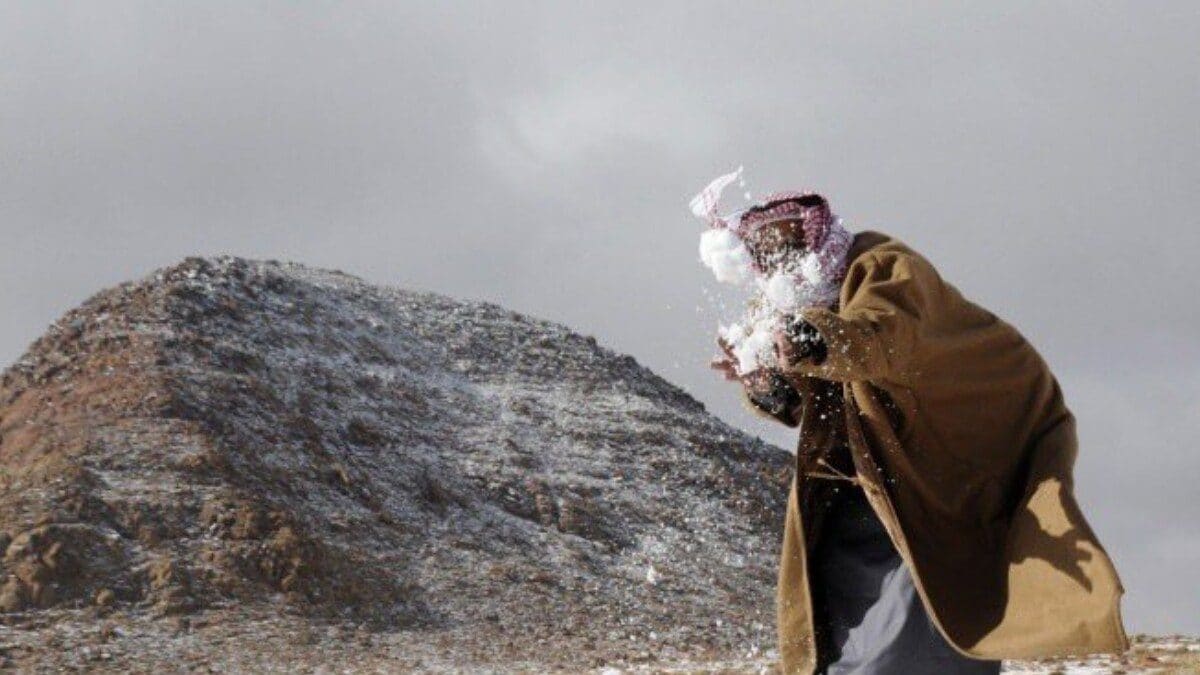Cuban authorities said around 735,000 people were evacuated ahead of the hurricane's arrival. President Miguel Díaz-Canel cautioned on Tuesday that the storm would cause "significant damage" and urged residents to comply with evacuation orders.

Waves batter the shoreline ahead of Hurricane Melissa's landfall, in Santiago de Cuba.
Hurricane Melissa, which devastated Jamaica as the strongest storm ever recorded in the island nation's history, made landfall in Cuba early on Wednesday, battering its eastern coast with powerful winds, torrential rain, and life-threatening storm surges.
According to the US Hurricane Centre (NHC), Melissa struck the southern coast of eastern Cuba near Guama, about 25 miles west of Santiago de Cuba, with maximum sustained winds of 120 mph (195 kph).
"Life-threatening storm surge, flash flooding and landslides, and damaging hurricane winds are ongoing this morning," the centre warned.
Cuban authorities said around 735,000 people were evacuated ahead of the hurricane's arrival. President Miguel Daz-Canel cautioned on Tuesday that the storm would cause "significant damage" and urged residents to comply with evacuation orders.
Power was cut to nearly all of eastern Cuba as the government prepared for widespread flooding and landslides, particularly in the mountainous regions of the Sierra Maestra.
Videos shared by local media showed torrents of muddy rainwater rushing through darkened streets, while reports indicated extensive flooding from Santiago to Guantnamo, where more than a third of the population had been moved to shelters. The storm has worsened Cuba's ongoing crisis, with shortages of food, fuel, and medicine already straining daily life.
Melissa's landfall in Cuba came just hours after it tore through Jamaica on Tuesday as a Category 5 storm, packing winds up to 185 mph, the strongest ever recorded in the country.
The hurricane left the southwestern parish of St. Elizabeth "underwater", damaged hospitals and homes, destroyed infrastructure, and knocked out power for more than half a million residents.
"The reports that we have had so far include damage to hospitals, significant damage to residential property, housing and commercial property as well, and damage to our road infrastructure," Jamaican Prime Minister Andrew Holness told CNN after the storm passed. While no official fatalities were immediately confirmed, Holness said authorities feared some loss of life given the extent of destruction.
Eyewitness videos from Jamaica showed uprooted trees, flooded roads, and shattered roofs strewn across fields. At Montego Bay's airport, floodwaters submerged seating areas, shattered glass windows, and caused parts of the ceiling to collapse.
AccuWeather meteorologists ranked Melissa as the third most intense hurricane ever recorded in the Caribbean, behind Wilma in 2005 and Gilbert in 1988, the latter being the last major storm to make landfall in Jamaica. Scientists have warned that such storms are becoming stronger and more frequent due to rising ocean temperatures linked to climate change.
In the Dominican Republic and Haiti, heavy rains tied to Melissa's outer bands caused flooding and at least four deaths earlier this week. The Bahamas, next in the hurricane's path, has ordered evacuations from its southern islands as the storm moves northeast.
Despite the devastation, Prime Minister Holness vowed resilience. "Our country has been ravaged by Hurricane Melissa, but we will rebuild, and we will do so even better than before," he said early on Wednesday.
In Cuba, Daz-Canel announced that 2,500 electric line workers have been mobilised to begin recovery operations as soon as conditions allow. The hurricane is not expected to directly affect the capital Havana.
- Ends
Published By:
Nakul Ahuja
Published On:
Oct 29, 2025
Tune In

 1 month ago
1 month ago

















